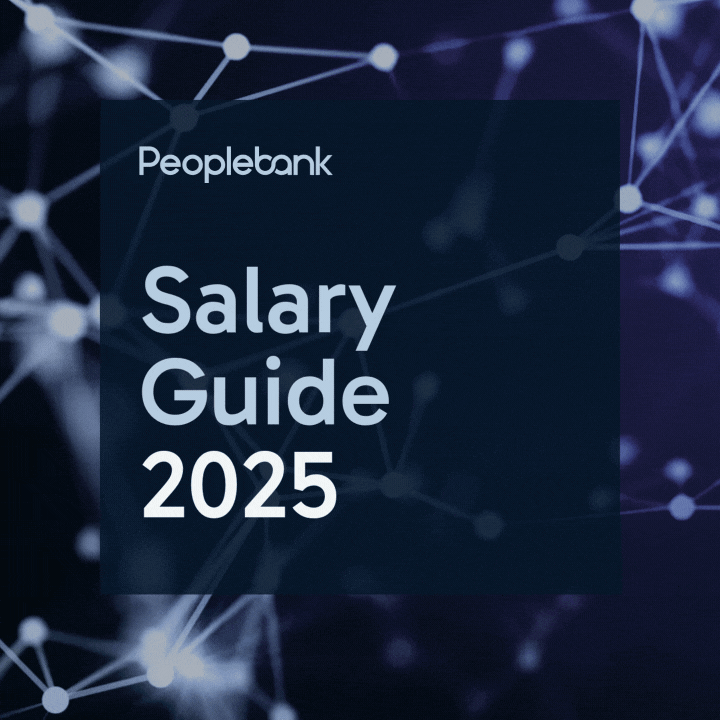How to answer: Where do you see yourself in 5 years?
Almost every time someone gets to this question in an interview, our brain slightly malfunctions, and we become overwhelmed thinking, “5 years?! I don’t even know what I’m having for dinner tonight.”
But seriously, this can be a tricky question, especially when we are so focused on our most recent experiences which we usually discuss much more easily than our future plans. Especially 5-year plans, considering how much can change in such a long time.
If you have ever gotten stuck on this question, or fear you might, here are our tips on how to answer it!
Understand what the employer wants to know
Many people confuse the intention of asking this question. It is not a question about how ambitious you are. However, it is a question is about your goals.
They will want to know whether your goals align with the role and the company’s direction, as well as if you could see yourself fulfilling those goals at the company.
Most often, employers want to be made to feel safe and secure with your answer. They want to hear that you intend to work there for a substantial amount of time and won’t contribute to high turnover.
Secondly, they want you to see opportunity to grow within their business, and not use their business as a placeholder whilst you look for opportunities elsewhere. Your answer is a good indicator of whether or not they can offer you what you are looking for in terms of growth.
Think about what you really want before the interview
Not all of us have a 5-year plan exactly! It can be helpful to think of where you may want to end up in your career. Some things you can think and make note of include:
- What is your dream role/work goal?
- What skills do you want to obtain and become great at? (That could help you with the above)
- What would you like in terms of work-life balance?
- What will help you achieve the answers to the above questions?
Knowing your answers to these questions can help you feel more prepared when the ‘5-year question’ comes up.
Think about how your career goals may fit into this business and job
It’s important to make the link between your own honest goals, and how those goals relate to the role and workplace you are interviewing for. Make sure to discuss how this role in particular is a great opportunity for you, and how it might help you achieve your future goals or upskilling.
Focus on skills and how you could obtain those skills in this organisation or role
Talking about skills, it’s okay to lean into what skills you want to build up rather than exactly what role you might end up in. If you can understand that certain skills will benefit you in higher positions, such as leadership, presenting, decision-making or team building, then you can steer the conversation with your hopes to excel in your career by the type of skills that are important for you (and again, how you can see yourself learning those skills at this organisation).
Be honest and realistic
Even though you now know what employers want to hear, don’t twist your answer to suit what they want. The job should be the right fit for you and the employer, and this can only happen when both parties are honest during the job interview. Show enthusiasm for the job at hand and focus on the shorter-term part of the question. It’s okay to be general or vague about the longer-term as long as it roughly aligns with opportunities that might be available within this business.
Don’t say you want the interviewer’s job (or worse, to be their boss)
You may think it’s a great joke, but it’s probably wise to steer clear of trying to threaten anyone’s job and just focus on your own goals.
How you might structure your answer:
- Start with two relevant goals that you would like to achieve in your career
- Talk about the skills you’d like to enhance to achieve those goal
- Link these skills to the role you are interviewing for
- Discuss how else you might be able to achieve your career goals with this role being an optimal point to start at (or perhaps it is a step up or middle stop on your journey to your goals).
You by no means have to structure your answer this way, this is just a sample if you really don’t know where to start!






















